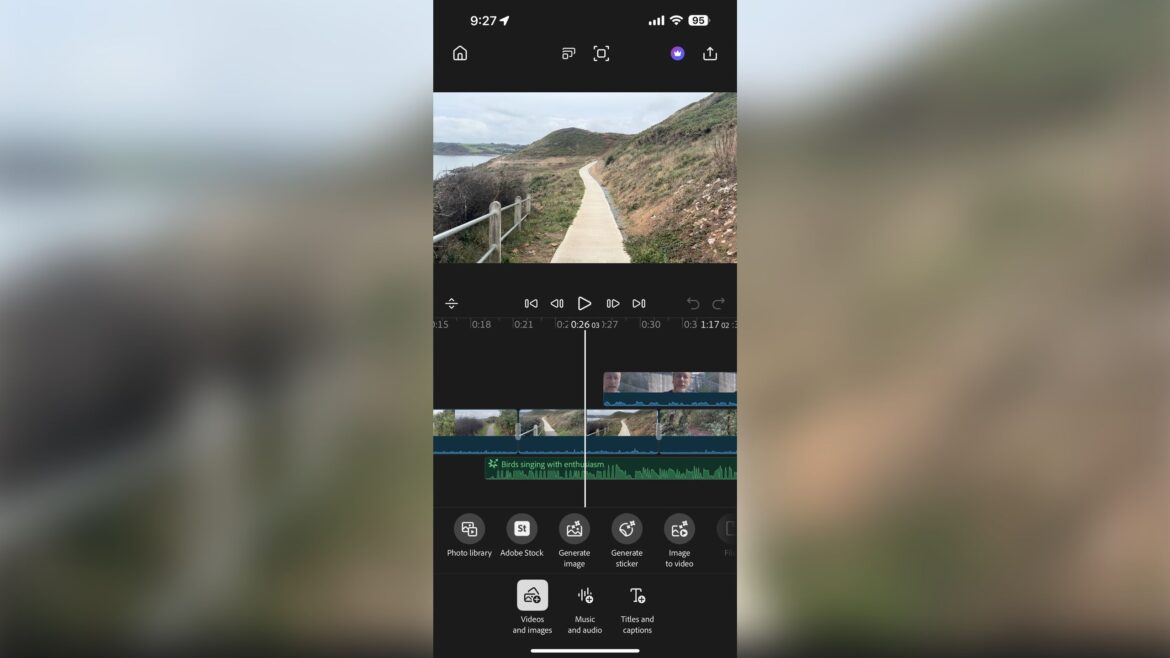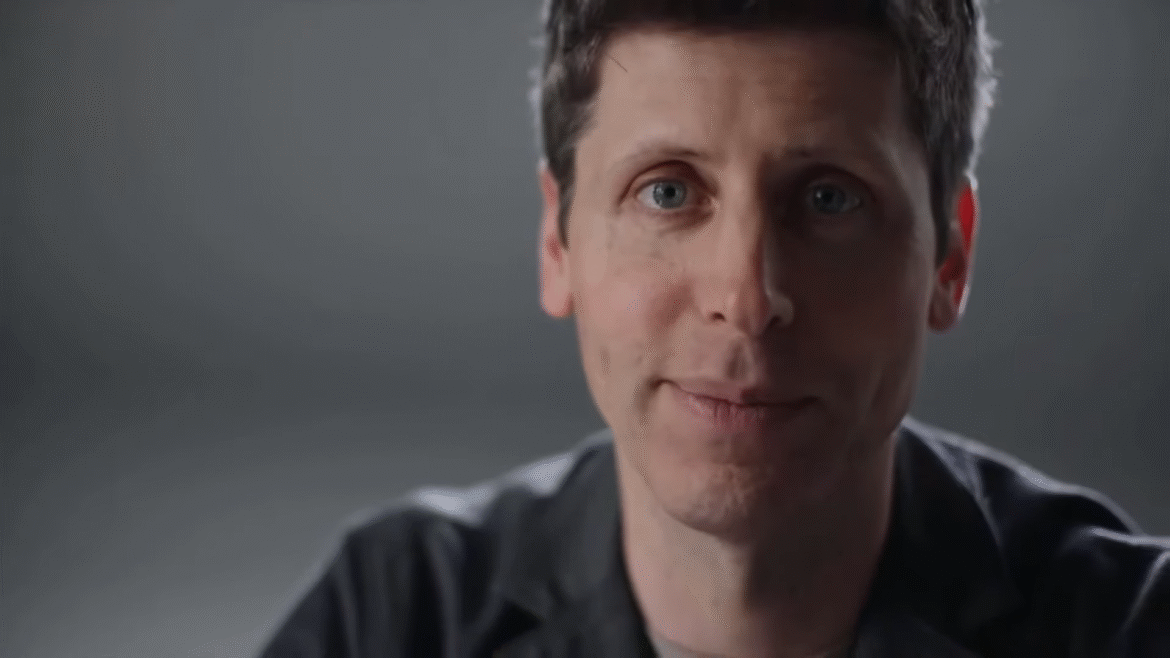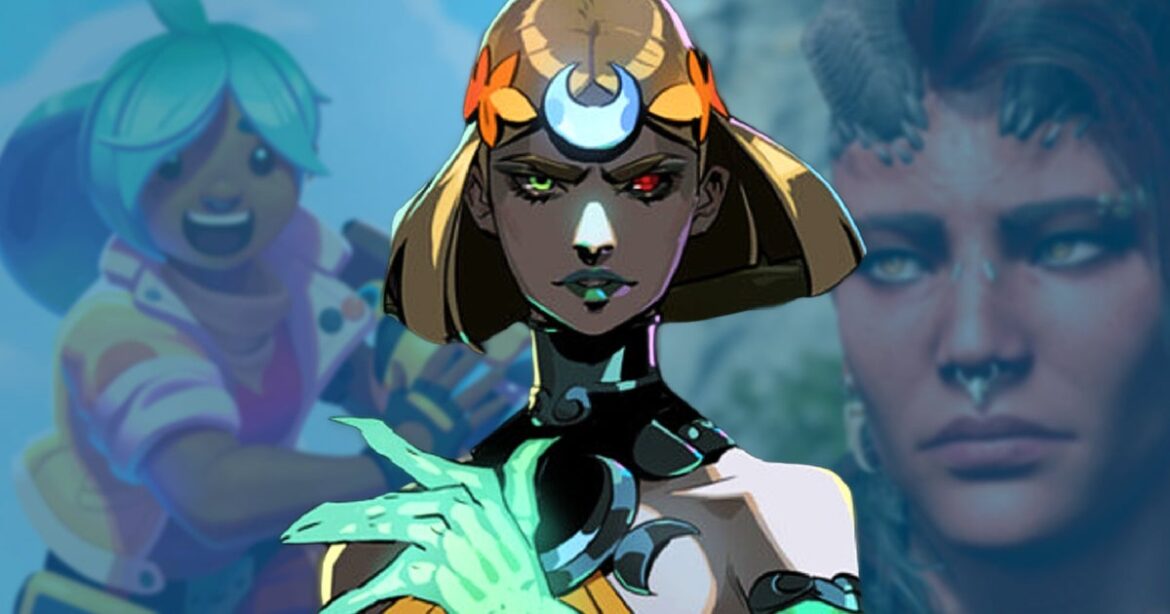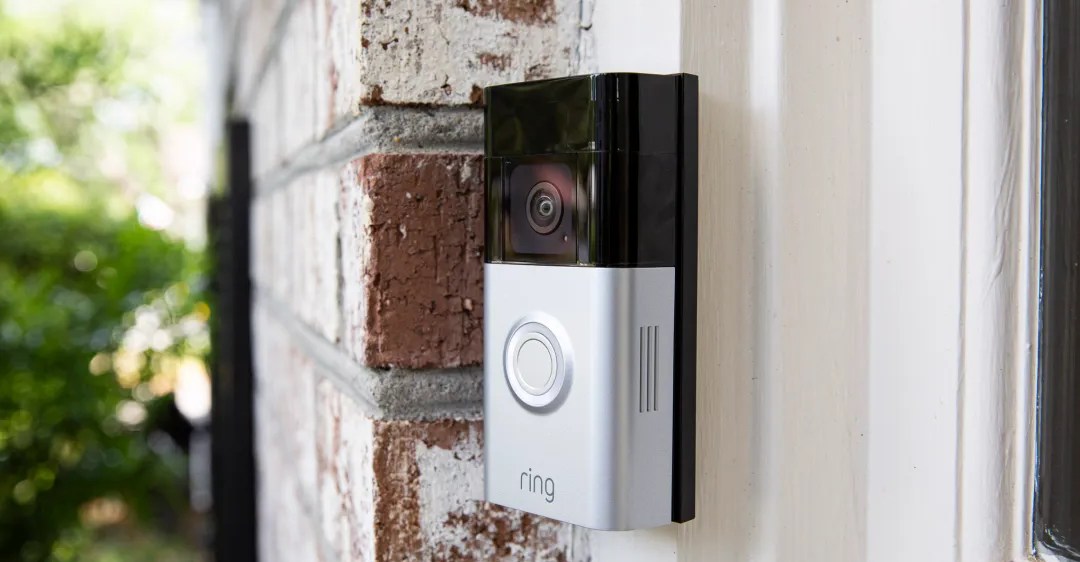Why you can trust TechRadar
We spend hours testing every product or service we review, so you can be sure you’re buying the best. Find out more about how we test.
To me, as a video editor, being able to shoot, edit, and share a short film all from a small handheld device has always been these slabs of glass’ revolutionary concept. I’ve been editing and experimenting with them since I downloaded iMovie for the iPod Touch.
Since then, I’ve tested out all the best video editing apps, with some focusing on simplicity, while others try to cram a desktop video editor into a phone. There’s truly something for everyone. Even Adobe was on the scene with Rush.
But there’s a new Adobe app in town that, I think, might be a massive game-changer for creators on the go. Adobe Premiere, also known as ‘Premiere on iPhone’, likely to differentiate it from its desktop big brother, Premiere Pro.
- Adobe Creative Cloud All Apps subscription options:
- 12 month plan – $59.99 per month ($719.88 total cost)
Adobe Premiere on iPhone: Pricing & plans
- Most tools are free. What isn’t are the AI features and online storage, but if you already have a subscription with Adobe, it’s possible it could now include this new app, meaning you won’t have to fork out more of your precious money to take full advantage of Premiere.
Competing in the mobile market is hard, what with most apps being sold for so little… How can you expect to make a profit? That doesn’t seem to be too much of a concern for the mighty Adobe, as they’ve released Premiere on iPhone for free (henceforth just referred to as Premiere for simplicity). You can download it by clicking here.
Yes, there are in-app purchases in the form of monthly and annual subscriptions. These unlock some features on the app, including online storage, and likely a certain number of generative credits each month.
Do be aware however that these unlocked features can also be accessed simply by login into your Adobe ID, and if you already subscribe to one of their other plans, you might not even need to pay for an additional subscription.
For instance, I have access to the Creative Cloud All Apps package, and I’ve encountered no limitation in my use of Premiere. I realise this is quite nebulous: as of this writing I haven’t received a response from Adobe about what you get with a Premiere Mobile subscription, and which other subscriptions grant you the same access to this new app.
Adobe Premiere on iPhone: Interface
(Image credit: Adobe // Future)
- An excellent, well polished interface, which makes it easy to control, while getting out of your way when editing, letting you see only what you need to see, when you need it.
Although Adobe refers to this app as ‘Premiere on iPhone’, it’s a bit of a misnomer as it’s also designed to work perfectly on iPad. Sorry Android users, you’ll have to wait a little longer for yours; it’s coming, but it’s just not quite ready.
On iPhone, just like Rush was, you’ll be working exclusively in portrait orientation. The iPad is way more flexible, and the interface will work in either portrait or landscape.
When you first launch the app, you’ll be greeted with a handful of tutorials, and a series of 8 icons at the top of the screen. Any project you’ve worked on will appear beneath them, represented by large thumbnails.
These icons allow you to start a new project, either one from scratch, or by choosing some clips from your Photos library. You also have dedicated tools, like being able to extract audio from a file, adding captions, or even access AI tools such as generating an image, turning a photo into a video, or expand an image beyond its original borders.
Once you’re working on a project, the screen is divided into two parts. The top section is for a Preview of your film, and the lower part represents the Timeline. There’s a very handy slider to the left which lets you resize both sections, which is a very clever addition, especially when your project becomes very complex with multiple layers, and you need to see all of them to fine tune your edit.
At the bottom is a contextual toolbar: by default, this is where you get to add additional video clips, audio files and titles. Tap on a clip in the Timeline, however, to reveal adjustment tools instead; tap on an edit point to see a paltry number of transitions. It’s a simple concept: you only see the tools you need when you need them.
You’ll also find a handful of icons at the top of the screen, and perhaps the most interesting one offers you various aspect ratios for your project. By default, it’ll take on the format based on the first clip you add to it, but if this isn’t right for you, this button enables you to override that.
Overall, the interface is simple, uncluttered and clean, and allows you to control your project with ease.
Adobe Premiere on iPhone: Video editing
(Image credit: Adobe // Future)
- The interface is designed to make editing easy and fluid, and it works great, offering you surprising frame-accurate precision, whether you’re on an iPad or iPhone.
Editing is really nice and fluid. You can effortlessly zoom in and out of your project, select a clip, trim it, move it around, the works. I did mention when the app was announced, that it felt a lot more like Apple’s Final Cut Pro (FCP) than Adobe’s desktop Premiere Pro. The clips’ rounded look for one.
The fact clips reorder themselves when you drag one to another location, reminded me very much of Final Cut’s magnetic timeline. I’m obviously biased as I love the magnetic timeline, as it allows you to edit much quicker in my opinion, and here, it makes it so easy to work using only a finger or two. Also, just like FCP, the layers aren’t numbered; new ones appear as you need them. Good to see Adobe being comfortable with being inspired by its competitors, for the benefit of its users.
When it comes to altering clips, you have a handful of tools at your disposal. With them, you can change their speed, reverse them, alter their opacity, create a freeze frame, or perform some colour correction, among others. It’s all done through icons and sliders, and that interface resize tool I mentioned earlier to see more or less of the viewer and timeline, works great for this too, as you can see those parameters, your Timeline and the Viewer all at the same time, even on an (large) iPhone.
Some tools, such as Transitions and Adjust also have an ‘apply to all’ button which greatly speeds up your workflow if you wish to paste the same effects across the board. It’s impressive and very well done. Working with Premiere was slick and smooth, even on a 7 year old iPhone XS.
Adobe Premiere on iPhone: AI
(Image credit: Adobe // Future)
- A good selection of AI tools which, along with the usual generative text prompts, are designed to enhance your project in useful and creative ways, especially the ‘generate sound effect’ one.
A sleek interface is already a big plus, and you get that for free, without having to log in to or create an Adobe ID. But if you don’t mind opening your wallet, or if you’ve already got an eligible subscription, then Adobe offers a string of very impressive tools, most based on some kind of AI.
Take ‘Enhance Speech’. It’s designed to improve the quality of spoken audio if you recorded something with a lot of background noise. It works extremely well, enriching the quality of the spoken audio immensely. You’re also offered a couple of sliders so you can choose how much of the background noise to keep.
You also have the ability to generate images and stickers, but perhaps the most impressive AI tool is ‘Generate Sound Effect’. On the surface, it looks like any other AI feature: you’ve got a text prompt where you input the description of what you hope to get, but what sets it apart is the optional extra: you can use your voice to ‘perform the sound’, and the AI will base the effect on your performance. It works surprisingly well, and could become quite addictive.
Adobe Premiere on iPhone: Exporting video
(Image credit: Adobe // Future)
- Two easy to use options, one offers simple changeable parameters when exporting your project to your Photos library, the other is a way to send your project to the beta version of Premiere Pro via the Cloud.
A sleek interface is already a big plus, and you get that for free, without having to log in to or create an Adobe ID. But if you don’t mind opening your wallet, or if you’ve already got an eligible subscription, then Adobe offers a string of very impressive tools, most based on some kind of AI.
Take ‘Enhance Speech’. It’s designed to improve the quality of spoken audio if you recorded something with a lot of background noise. It works extremely well, enriching the quality of the spoken audio immensely. You’re also offered a couple of sliders so you can choose how much of the background noise to keep.
You also have the ability to generate images and stickers, but perhaps the most impressive AI tool is ‘Generate Sound Effect’.
On the surface, it looks like any other AI feature: you’ve got a text prompt where you input the description of what you hope to get, but what sets it apart is the optional extra: you can use your voice to ‘perform the sound’, and the AI will base the effect on your performance. It works surprisingly well, and could become quite addictive.
Should I buy Adobe Premiere on iPhone?
(Image credit: Adobe // Future)
Buy it if…
You’re on the lookout for a very easy to use, and elegantly designed video editing app for your iPhone or iPad, with most tools being available for free.
Don’t buy it if…
To be honest, there’s no real reason not to get this app, at least to try it out. Most of the features are free, and you don’t need to subscribe to it if you don’t need to use those advanced AI-driven tools. Shame it’s not available for Android just yet.
For more essential creative tools, we’ve reviewed the best video editing software, best free video editing software, and the best video editing software for beginners.
Adobe Creative Cloud All Apps deals










